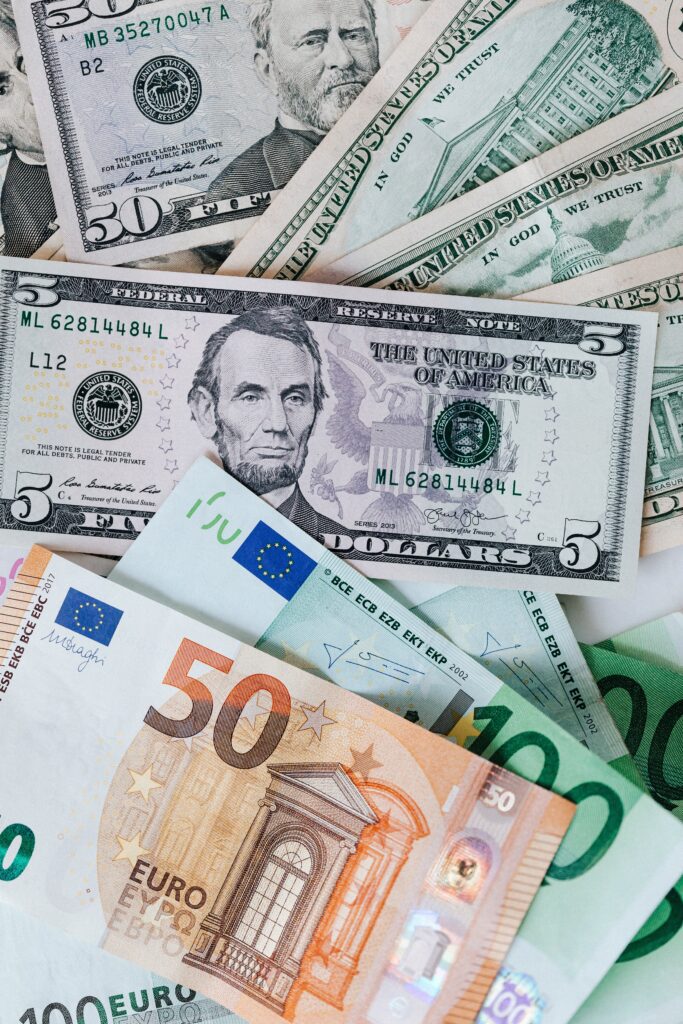Top 10 Largest Economies in the World – 2022

Top 10 Largest Economies in the World – 2022. Economies are measured by the GDP. The monetary market worth of all finished products and services produced in a nation during a given time period is known as the gross domestic product (GDP). GDP can be computed using expenditures, production, or incomes and aids in giving a quick overview of a nation’s economic health.
You will benefit from having a basic understanding of several nations’ economies as you are ready to expand internationally. Many companies expand internationally to gain access to larger talent pools, penetrate new markets, and diversify their workforces for improved business continuity.

Largest Economies in the World – World Economy / GDP
There are 193 economies in the world, with the United States being the biggest.
As per World Bank estimates, the nominal world GDP in 2017 was $80,683.79 billion. In 2018, the nominal world GDP was $84,835.46 billion in 2018, and it’s projected to be $88,081.13 billion in 2019
In 2022, the total world GDP was $85.18 trillion, which is 88,180 Billion.
Top 10 Largest Economies by GDP
Top 10 Largest Economies in the World – 2022
According to the International Monetary Fund, these are the highest-ranking countries in the world in nominal GDP (Top 10 Largest Economies in the World)
- United States (GDP: 20.49 trillion)
- China (GDP: 13.4 trillion)
- Japan: (GDP: 4.97 trillion)
- Germany: (GDP: 4.00 trillion)
- United Kingdom: (GDP: 2.83 trillion)
- France: (GDP: 2.78 trillion)
- India: (GDP: 2.72 trillion)
- Italy: (GDP: 2.07 trillion)
- Brazil: (GDP: 1.87 trillion)
- Canada: (GDP: 1.71 trillion)
However, based on the most recent data available from the World Bank. The Top 15 are as follows
- United States: $20.89 trillion
- China: $14.72 trillion
- Japan: $5.06 trillion
- Germany: $3.85 trillion
- United Kingdom: $2.67 trillion
- India: $2.66 trillion
- France: $2.63 trillion
- Italy: $1.89 trillion
- Canada: $1.64 trillion
- South Korea: $1.63 trillion
- Russia: $1.48 trillion
- Brazil: $1.44 trillion
- Australia: $1.32 trillion
- Spain: $1.28 trillion
- Indonesia: $1.05 trillion
Per Capita GDP and PPP

Per Capita GDP – Per capita, gross domestic product (GDP) is a financial metric that breaks down a country’s economic output per person and is calculated by dividing the GDP of a nation by its population.
PPP – Purchasing power parity (PPP) is a popular metric used by macroeconomic analysts that compare different countries’ currencies through a “basket of goods” approach. Purchasing power parity (PPP) allows economists to compare economic productivity and standards of living between countries.
So let’s look at the Per Capita GDP and PPP of the top 15 Economies.
Per Capita GDP
- United States: $63,413
- China: $10,434
- Japan: $39,048
- Germany: $45,466
- United Kingdom: $39,229
- India: $1,877
- France: $39,257
- Italy: $30,657
- Canada: $42,080
- South Korea: $30,644
- Russia: $9,972
- Brazil: $6,450
- Australia: $51,885
- Spain: $26,832
- Indonesia: $4,038
PPP – Purchasing Power Parity
- United States: $20.89 trillion
- China: $17,204
- Japan: $5.24 trillion
- Germany: $4.45 trillion
- United Kingdom: $2.98 trillion
- India: $8.68 trillion
- France: $2.95 trillion
- Italy: $2.42 trillion
- Canada: $1.81 trillion
- South Korea: $2.29 trillion
- Russia: $4.02 trillion
- Brazil: $3.08 trillion
- Australia: $1.31 trillion
- Spain: $1.77 trillion
- Indonesia: $3.33 trillion
A Brief Look at the Largest Economies
USA

Since 1871, the United States has had the biggest economy on the planet. The robust economy of the United States is a result of numerous causes. The United States is renowned across the world for fostering a culture that values and supports entrepreneurship, which in turn fosters innovation and promotes economic progress.
China

The second-largest economy in the world today is China, one of the 21st century’s fastest-expanding economies. The average economic growth in China increased as a result of the country’s 1978 economic reform initiative, which was a huge success. establishment of private, rural enterprises, relaxation of governmental price controls, and spending on labor training and industrial productivity. Worker effectiveness is another factor fueling China’s economy’s expansion.
Japan

Japan is the world’s largest producer of electronic goods and the third-largest manufacturer of automobiles and is regarded as one of the most inventive nations in the world. Since the Japanese economy is driven by the market, enterprises, production, and prices change in response to customer demand rather than governmental intervention. The largest electronic products sector in the world and the third-largest automobile industry in the world are the backbones of the Japanese economy.
Germany

Europe’s largest and most powerful economy, with one of the most highly skilled labor groups, is Germany’s highly developed social market economy. The main industries in Germany are the production of automobiles, machinery, home furnishings, and chemicals. The country uses a social market economy that promotes the virtues of free enterprise while simultaneously guaranteeing a number of social amenities. Due to its technological know-how, highly developed infrastructure, and trained labor force, the nation is ranked first in the world for entrepreneurship.
United Kingdom

The UK economy is dominated by the service sector, which accounts for roughly 80% of GDP and is particularly strong in the financial services sector. The second-largest financial hub in the world is in London. The second-and third-largest sectors in the United Kingdom are manufacturing and agriculture. Britain has the second-largest aircraft sector and the tenth-largest pharmaceutical sector in the world, respectively.
India

A federal democracy, the Republic of India is made up of 28 states and 8 union territories. It has the sixth-largest economy and the world’s biggest democracy. India’s manufacturing, technology, and service industries are growing. India’s service industry, which accounts for 60% of the country’s economy and 28% of employment, is the fastest-growing sector in the world. Agriculture and manufacturing are two other important economic sectors.
France

The economy of France is diversified and focused on free markets. A crucial industry for France is the chemical industry, along with agriculture and tourism. France is the second-largest agricultural exporter in the world, behind the United States, and occupies nearly one-third of all agricultural area in the European Union. It is also the sixth-largest agricultural producer. The most popular travel destination worldwide is France.
Sources : globalpeoservices worldpopulationreview, investopedia
Visit other Trending News on this site: Worlds Most Powerful Passports 2022
shop now2 Wigs Only $ 149



